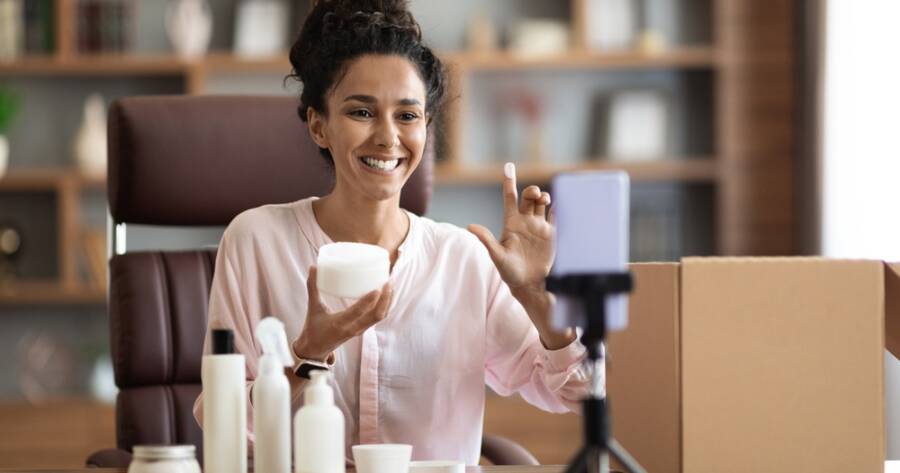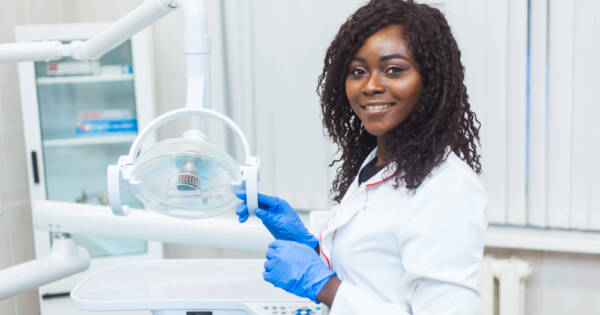Product testing is an exciting and often lucrative opportunity for individuals looking to explore new products, provide feedback, and even get paid or receive free items in exchange for their opinions. Whether you’re passionate about technology, beauty products, or household items, there is likely a product testing opportunity that aligns with your interests. Becoming a product tester allows you to play a pivotal role in shaping the products that make their way to the market.
What Is a Product Tester?
A product tester is someone who is chosen by a company or brand to test and evaluate their products before they are released to the public. Companies rely on product testers to provide valuable feedback on a product’s usability, effectiveness, and overall appeal.
Testers might be asked to review a wide range of products, including electronics, food items, beauty products, health supplements, and even services. The goal is to ensure that the product meets the needs and expectations of the target market and to identify any potential flaws before mass production or release.
How to Become a Product Tester
Becoming a product tester can be a relatively simple process, but it requires some effort and commitment to get started. Here are the steps to help you begin your journey as a product tester:
- Sign up for product testing websites: One of the easiest ways to find product testing opportunities is through online platforms dedicated to connecting consumers with brands. Websites such as Influenster, Smiley360, and BzzAgent offer free sign-ups for individuals who want to become product testers. These websites provide regular access to free products in exchange for honest reviews.
- Join brand-specific testing programs: Many companies have their own product testing programs. For example, some beauty brands like L’Oréal or Glossier have online communities where they invite users to test new products. Some tech companies also offer beta testing programs where consumers can try out new gadgets and provide feedback. Researching and signing up for programs specific to your interests can help you find more targeted testing opportunities.
- Be honest and transparent: When applying to become a product tester, it’s important to be honest about your preferences, interests, and experiences. Companies rely on the diversity of testers to understand how different consumers might perceive a product. By sharing accurate information about your lifestyle and preferences, you increase your chances of being selected for products that suit your interests.
- Be active and engaged: Some product testing programs require testers to engage with the brand or company on social media, answer surveys, or participate in discussions. Staying active and involved in these platforms can increase your chances of being selected for more testing opportunities.
- Check eligibility: Most product testing opportunities have specific criteria, such as age, gender, geographic location, or interests. Make sure to read the eligibility requirements carefully to ensure you meet them before applying for a program. Some programs may only accept testers from certain regions or those who have specific interests.
What to Expect as a Product Tester
As a product tester, you can expect a few different scenarios. Here’s a general idea of what you might experience:
- Receiving free products: One of the primary benefits of being a product tester is receiving free products. These items can range from small samples to full-sized products, depending on the company. In some cases, you may even be sent multiple versions of a product to test side-by-side.
- Providing feedback: After using the product, you’ll be asked to provide detailed feedback. This can include answering surveys, filling out questionnaires, or writing reviews. Some companies may request that you test the product for a specific period (e.g., two weeks for a skincare product or a month for a tech gadget).
- Testing requirements: Be prepared to follow instructions carefully. Some companies will ask for specific tasks to be performed during the testing phase, such as using the product in a certain way or comparing it to similar items. Always ensure that you follow these instructions as closely as possible to give the most accurate feedback.
- Gift cards or compensation: While many product testing programs offer free products in exchange for feedback, some programs also provide gift cards or monetary compensation. The compensation can vary depending on the company and the type of product being tested.
- Building trust and reputation: As you gain experience as a product tester, you may be invited to participate in more exclusive or high-profile product tests. Some companies may offer early access to new products or exclusive items as a reward for your active participation and thorough feedback.
Tips to Maximize Your Product Testing Experience
- Be timely: Always respond to product testing opportunities promptly. Many programs are time-sensitive, and being quick to sign up can increase your chances of being selected.
- Provide thoughtful feedback: The more detailed and thoughtful your feedback is, the more likely you are to be invited to participate in future tests. Brands want to know what worked and what didn’t, so take the time to explain your experience thoroughly.
- Stay organized: If you’re testing multiple products at once, keep track of deadlines, instructions, and your feedback. Staying organized will help you manage your testing commitments and ensure that you meet all requirements.
Maximizing Your Experience as a Product Tester
Becoming a product tester is a fun and rewarding way to engage with new products and help shape the development of future releases. Whether you’re interested in tech, beauty, food, or other industries, there are numerous opportunities to get started as a product tester.
By signing up for testing programs, being proactive, and providing honest feedback, you can enjoy the perks of receiving free products while contributing to the development of quality consumer goods.





